Sectoral expertise
Luxury
The jewel in the crown of the French economy, the luxury sector brings together players in the fields of excellence, image and expertise, whether in haute couture, jewellery, hotels or gastronomy.

The challenges facing the sector
Development and adaptation to new markets, increased personalisation for increasingly demanding customers, multiplication of sales channels – these are all challenges that luxury brands need to address, while integrating the paradoxical effect of global impact on brand image.
The quest for sustainability without compromising the customer experience
- A desire to integrate sustainable development into luxury
- Opposing customer expectations in terms of environmental protection, between increased attention and traditional use.
- Constraints on the availability of materials or the need to convert to more environmentally friendly products, which complicates the supply chain.
A limited and concentrated workforce
- Historical know-how to be formalised and passed on
- Few centres of excellence developing the skills required.
- Dilemma between increasing expertise and making know-how sacred.
- Balance between innovation, brand entry products and traditional know-how.
A need for service and personalisation
- Increasingly demanding customers looking for unique, personalised products.
- The need for responsiveness and service
- Traditional points of sale cultivating the image of an exceptional brand despite their multiplication.
Increasing number of sales channels
- Digitalisation of the customer experience and an omnichannel vision of consumption.
- Customer relationship management needs to adapt to the "Millennials" generation.
- Traditional points of sale cultivating the image of an exceptional brand despite their multiplication.
Your challenges and our solutions
Sustainable excellence
- Design more environmentally friendly products, using appropriate working methods and ensuring compliance.
- Identify current and future needs in terms of resources and expertise, to be orchestrated as part of a medium- to long-term plan, as well as equipment.
- Identify and implement levers for improving environmental impact, in terms of both materials and resources used.
Stock layout and logistics strategy
- Define customer service strategies and tactics.
- Design and deploy assortment tactics throughout the supply chain, from suppliers to points of sale.
- Position the storage points and logistics network to ensure that the best assortment is available locally, guaranteeing availability and responsiveness, at the lowest cost and with the lowest impact.
- Sizing, structuring and implementing logistics nodes.
Planning and procurement processes for the logistics network
- Anticipate market needs, plan collections and activate supply chain links accordingly.
- Develop forecasting and shared decision-making processes for assortment plans.
- Operationalise product requirements from suppliers through to the sales and distribution network.
- Enable the coordination of sales, communication and marketing activities with operations.
Harmonisation and collaboration
- Develop cross-functionality within major players by reducing the silos of activities by ‘house’ or by product segment.
- Define ways of sharing best practice at group level without compromising specific identities, thereby ensuring compliance.
- Provide change management training and develop a network of change managers.
- Develop business guidelines that foster exceptionality, image and irreproachable service.
Combining excellence and operational performance
- Reconcile improved service quality, cost control and the level of excellence expected by customers.
- Deploy a pragmatic performance plan to ensure responsiveness of flows and respect for product quality.
- Activate the delayed differentiation levers that enable customer customisation in a reduced timeframe.
Among our references
Set up a new industrial performance dynamic
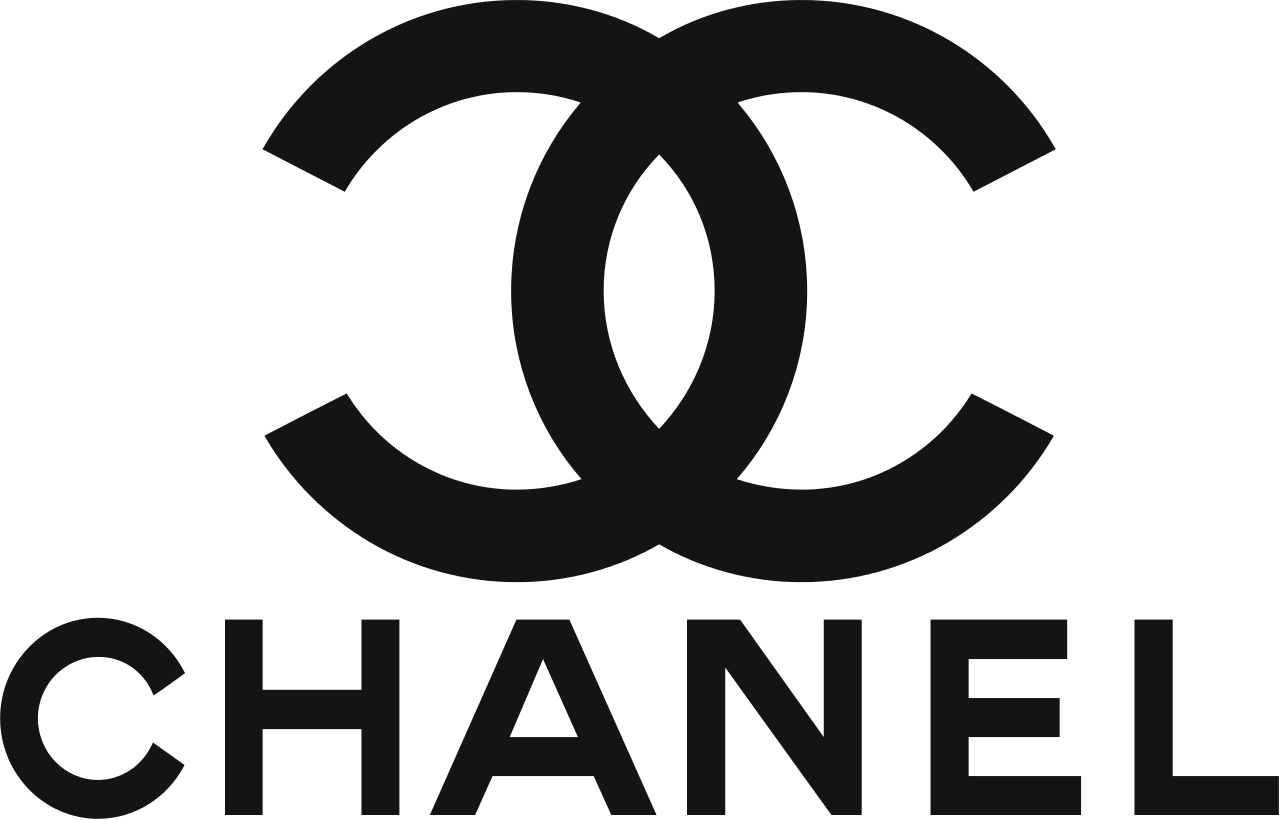
Support in developing a WMS
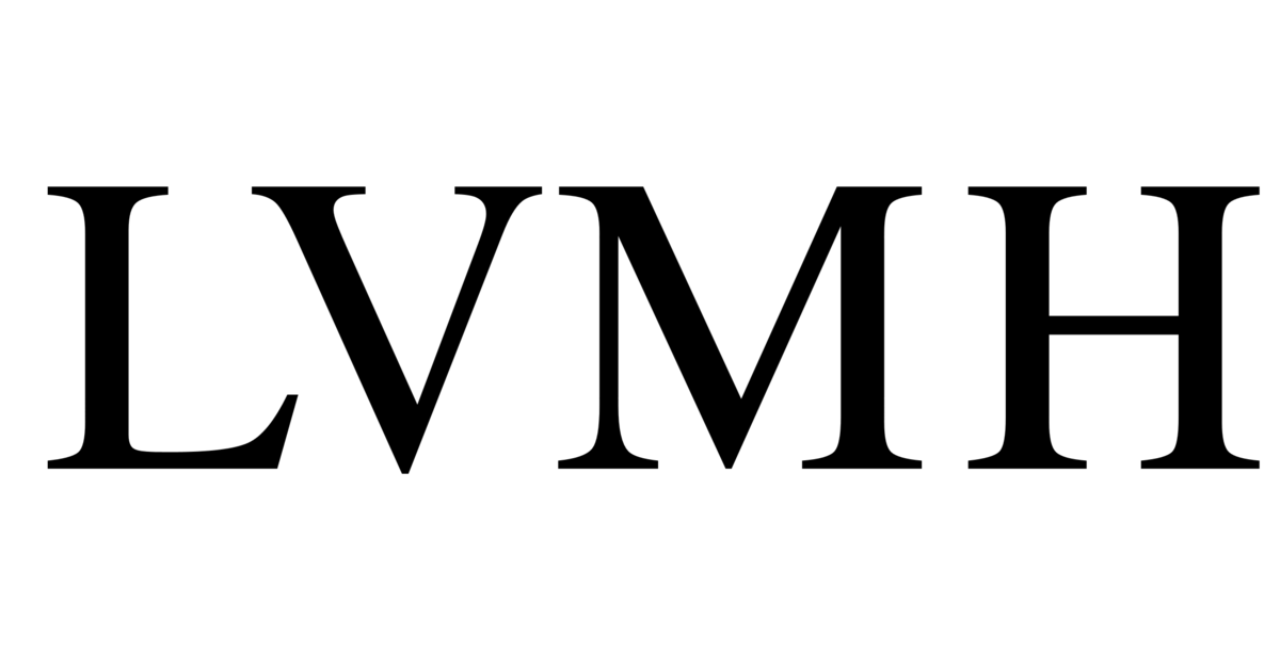
DDMRP
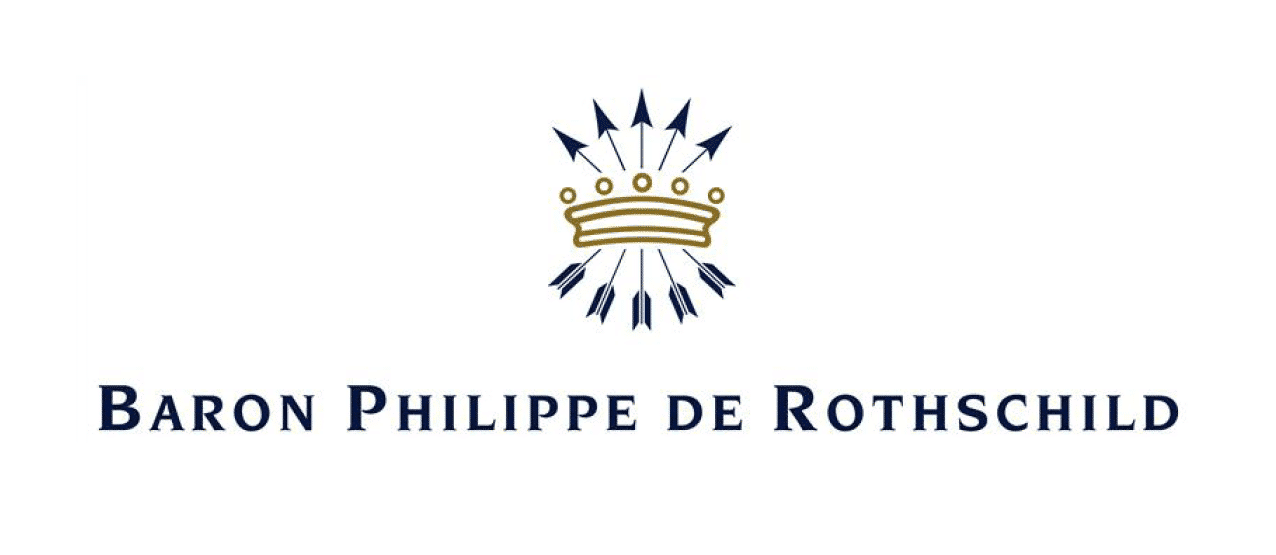
Logistics and industrial network design for the Group

Planification
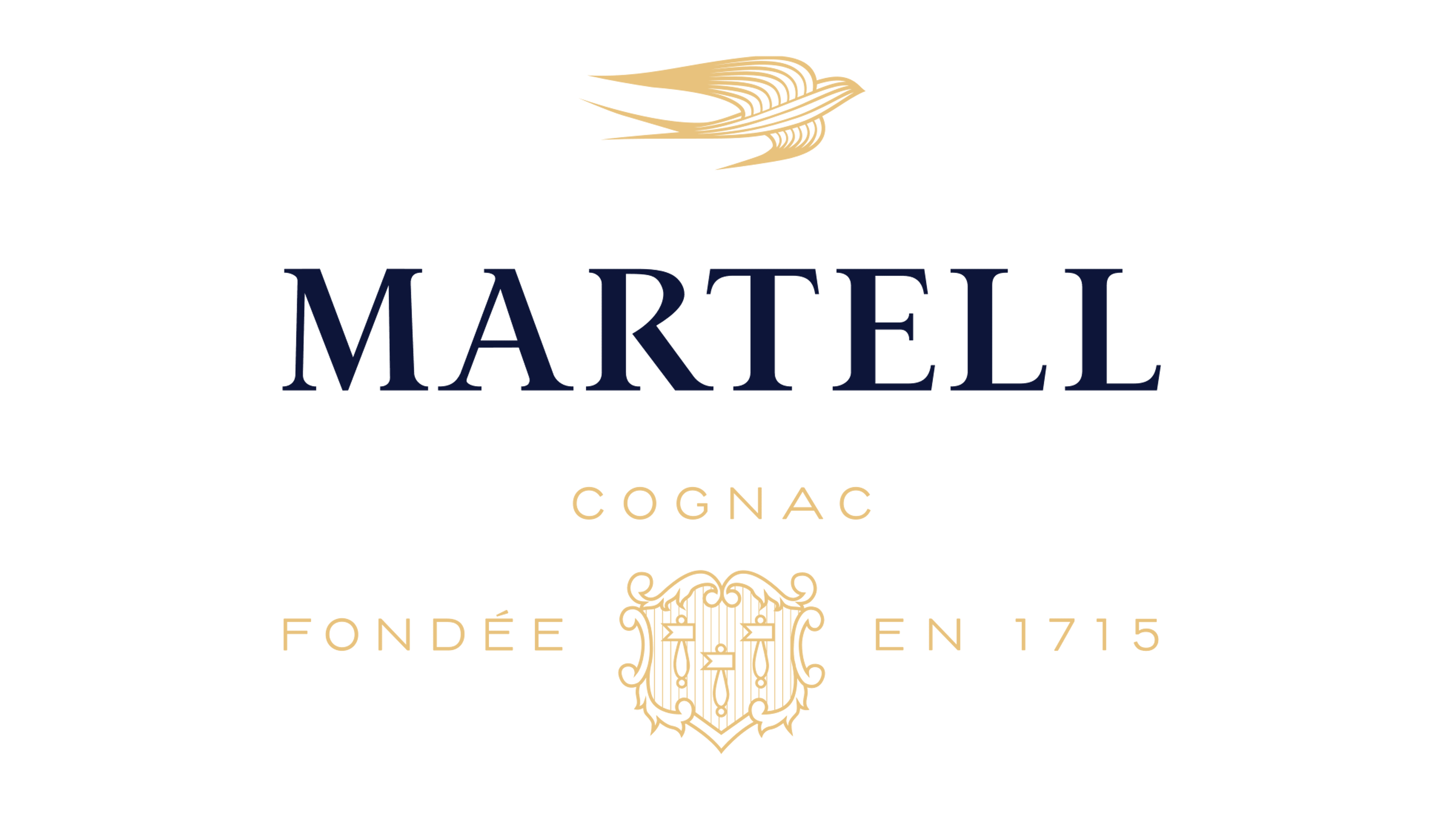
Industrial diagnosis
Use Case
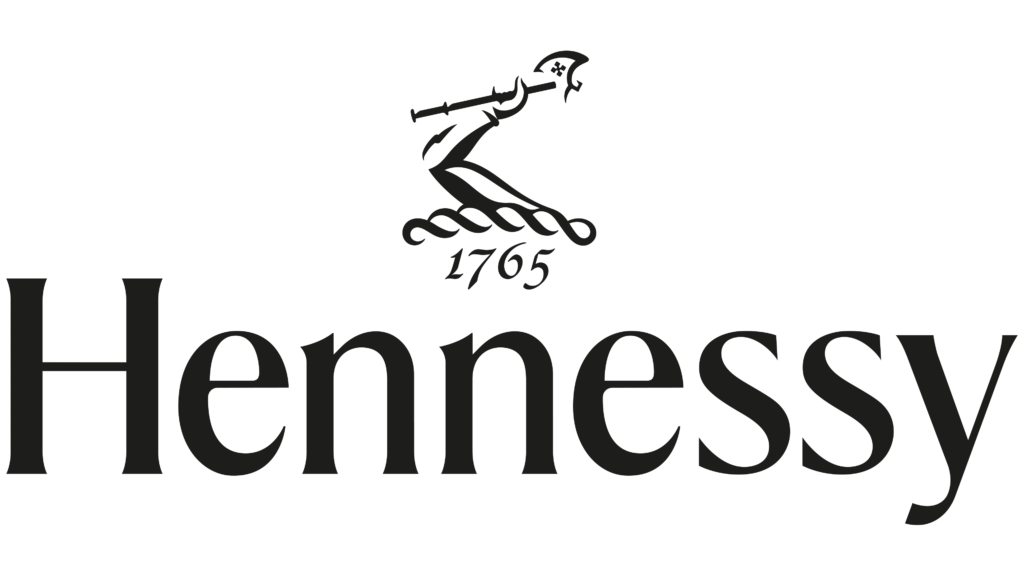

Order management processes improvement
Our involvement
- Description and critical review of existing processes
- Identification of bottlenecks and levers for improvement
- Validation of target operating principles
- Design of target processes, organisations, tools, rituals and indicators
- Validation of the proposed target and action plan for implementation in the short, medium and long term
The results
- 14 target processes drawn up
- 44 hard points identified in the various process sections
- 20 actions identified to achieve the most significant targets
- A reduction in Order Cycle Time:
– By more than 80% for road transport subsidiaries
– By more than 50% for maritime transport subsidiaries
– By more than 50% for distributors

A Project ? Contact us
Luxury Manager
Over the course of his twenty years’ experience, Nicolas has worked with a number of players in the luxury goods industry, designing industrial and logistics schemes and defining and implementing progress plans. In particular, he has worked on overhauling the operational processes and strategic thinking of Lancel and Baron Ph. de Rothschild.